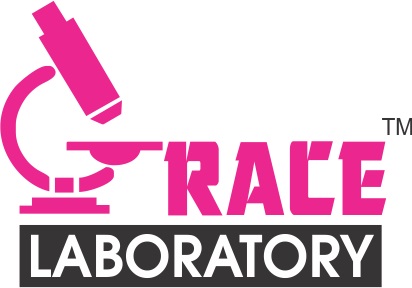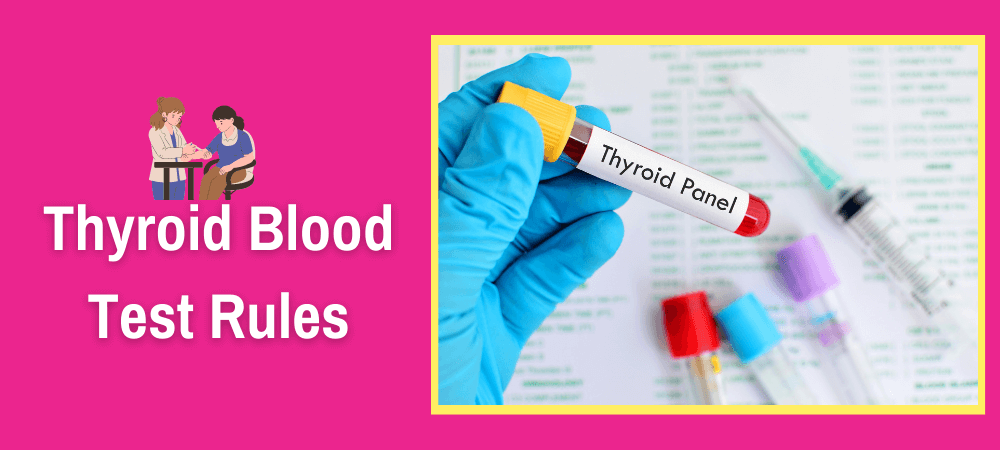Typically, thyroid blood tests are used for the diagnosis of thyroid conditions such as hypothyroidism and hyperthyroidism. These tests assess blood levels of thyroid hormones and other chemicals, which can help determine how well the thyroid gland works.
Thyroid Blood Test: the most common doubts solved
The prior knowledge of the following things can help you prepare for the thyroid blood test ensuring accurate results and helping diagnose any thyroid-related conditions:
Is fasting required for thyroid blood test?
Fasting can affect the results of very few blood tests. For instance, it does not influence the liver, kidney, or thyroid function measurements and blood counts. Mostly, no specific precautions, including fasting, are required before a thyroid test. If your pathologist has ordered other blood tests, you may need to fast before the test.
For example, you may be asked to fast before tests for glucose (blood sugar) and triglycerides for accurate results. The fasting hours could be 8-10 hours. Consumption of water does not violate the rule of fasting. Whatever the test, your pathologist can guide you better, so consult him when in doubt.
Can we take thyroid tests during periods?

Thyroid tests can be taken during periods, but hormonal changes during menstruation can influence thyroid hormone levels. So, it is crucial to let your doctor know if you are on your period while undergoing thyroid tests.
Furthermore, if you take hormonal medicines like birth control pills, tell your doctor about them, as those pills can also impact thyroid hormone levels.
Ultimately, it’s best to speak with your physician to decide when it would be ideal for you to undergo thyroid testing based on your situation.
Can a thyroid test detect pregnancy?
No. A thyroid test cannot be used to confirm pregnancy. Although pregnancy might influence thyroid function and cause some women to develop temporary thyroid problems, a particular pregnancy test that looks for hCG is usually used to determine whether you’re expecting it.
Do thyroid problems show up in normal blood tests?
The sole dependable approach for identifying any problem is conducting a blood test that assesses the levels of your hormones. A thyroid function test measures the amounts of thyroxine (T4) and thyroid-stimulating hormone (TSH) in the blood. Abnormal levels of these hormones can indicate a thyroid problem.
It’s crucial to remember that thyroid function tests are not necessarily a part of standard blood tests. However, some thyroid conditions may take time to be detected in blood tests and require additional testing or monitoring. You should ask your doctor for particular testing if you are worried about your thyroid function.
Does thyroid cancer show up in blood tests?
Usually, regular blood tests do not show thyroid cancer. A thyroid nodule or thyroid gland biopsy is required to diagnose thyroid cancer in most cases.

Thyroid and thyroid-stimulating hormone (TSH) levels can be measured in blood tests, but these procedures cannot diagnose thyroid cancer. However, abnormal levels of thyroid hormones and TSH can sometimes indicate a thyroid disorder, increasing the risk of thyroid cancer.
A fine-needle aspiration biopsy, an ultrasound, or a radioactive iodine scan may be prescribed if your doctor suspects you may have thyroid cancer. These tests can assist in determining the severity of thyroid nodules or growths.
Conclusion
In conclusion, blood tests called thyroid function tests (TFTs) are used to assess the thyroid gland’s health and identify thyroid conditions, including hyperthyroidism and hypothyroidism.
The thyroid test can be carried out when you are on your period. However, it can influence your thyroid hormone levels. Patients need not fast before taking a thyroid test unless a doctor asks.


